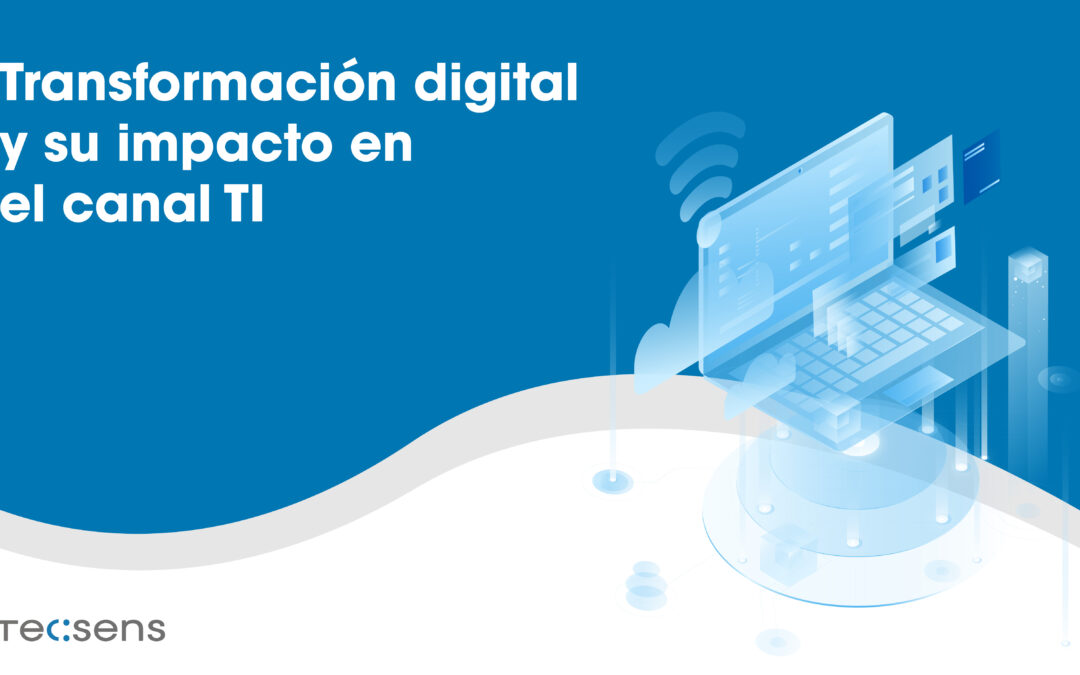Over the past decade, digital transformation has revolutionized nearly every aspect of society and business. One of the sectors that has undergone a significant change is IT and its distribution channel. The way IT services are distributed and consumed has evolved dramatically, and with it, the dynamic between the distribution channel and its partners has changed. In this article, we’ll explore digital transformation and its impact on the IT channel.
Increased Access and Connectivity
Digital transformation has democratized access to technology. There is no longer a need for expensive infrastructure to distribute IT products and services. Simply having a channel capable of offering and training you in certain services is enough. On the other hand, global connectivity has allowed suppliers to reach markets and customers around the world with relative ease. This has led to an expansion of the IT distribution channel.
New Business Models
Digital transformation has led to the emergence of new business models in the IT distribution channel. For example, the subscription and managed services model has gained popularity, allowing customers to access technology without incurring high upfront costs. This has changed the way IT products and services are sold and consumed, and has required partners to adapt to these new dynamics. IT channels have also adapted and provided specific portals and tools to improve the day-to-day work of their partners and make it easier for them to sell solutions.
Increased Focus on Customer Experience
Digital transformation has placed a significant emphasis on customer experience. Customers now expect a seamless, personalized experience at all stages of the buying process, from initial research to after-sales support. This has led to increased collaboration between the distribution channel and its partners, with the aim of offering integrated solutions that meet the specific needs of customers.
Artificial Intelligence and Data Analysis
Artificial intelligence (AI) and data analytics play a crucial role in the digital transformation of the IT distribution channel. These technologies allow for greater personalization in the offer of products and services, as well as an optimization of distribution and sales processes. Channel partners can use AI and data analytics to identify market trends, predict product demand, and improve operational efficiency.
Challenges and Opportunities
While digital transformation has brought numerous opportunities for the IT distribution channel and its partners, it has also posed significant challenges. For example, global competition has increased, requiring partners to be more agile and better prepared to adapt to market changes. In addition, cybersecurity has become a major concern, especially with the increasing number of online threats. Therefore, a very important point when selecting a partner is that it has solid cybersecurity solutions.
In conclusion, digital transformation has had a profound impact on the IT distribution channel and its partners. It has changed the way IT products and services are distributed, sold and consumed, and has required continuous adaptation by all actors involved. Those who know how to take advantage of the opportunities offered by digital transformation will be better positioned to succeed in the ever-evolving market.




